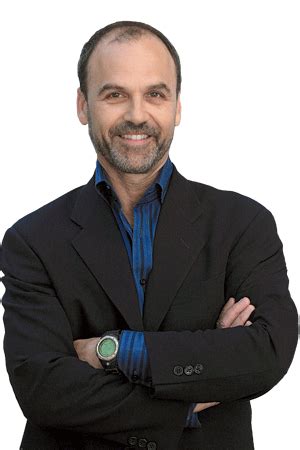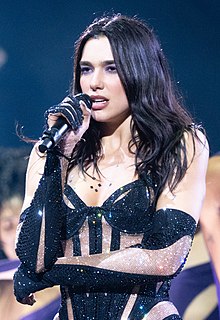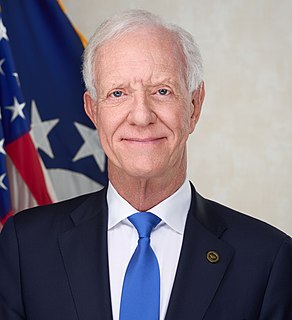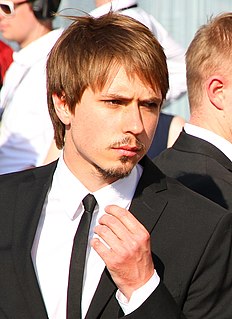A Quote by Pankaj Mishra
When I moved to London in the 1990s, it had changed a great deal. Racism had become deeply uncool. But there has been a return of racism in the guise of "antiterrorism." People who look like myself are immediately suspect. I've become extremely self-conscious about going into crowded public places.
Related Quotes
The problem is that white people see racism as conscious hate, when racism is bigger than that. Racism is a complex system of social and political levers and pulleys set up generations ago to continue working on the behalf of whites at other people's expense, whether whites know/like it or not. Racism is an insidious cultural disease. It is so insidious that it doesn't care if you are a white person who likes Black people; it's still going to find a way to infect how you deal with people who don't look like you.
We always talk about how, obviously, there is still very in-your-face aggressive racism. But there's a lot of passive racism that, in the moment, you don't even realize is racist. You chalk it up as a strange interaction you had, and then you look at the context of it later on and realize the root of it was racism.
I was 11 and living in Kosovo. I knew I wanted to perform but didn't feel like I could do it there. So I moved back to London on my own at 15, carried on going to school, and started posting cover songs online. I had no idea how I was going to become a performer, but I felt like I had so many more opportunities being in London.







































